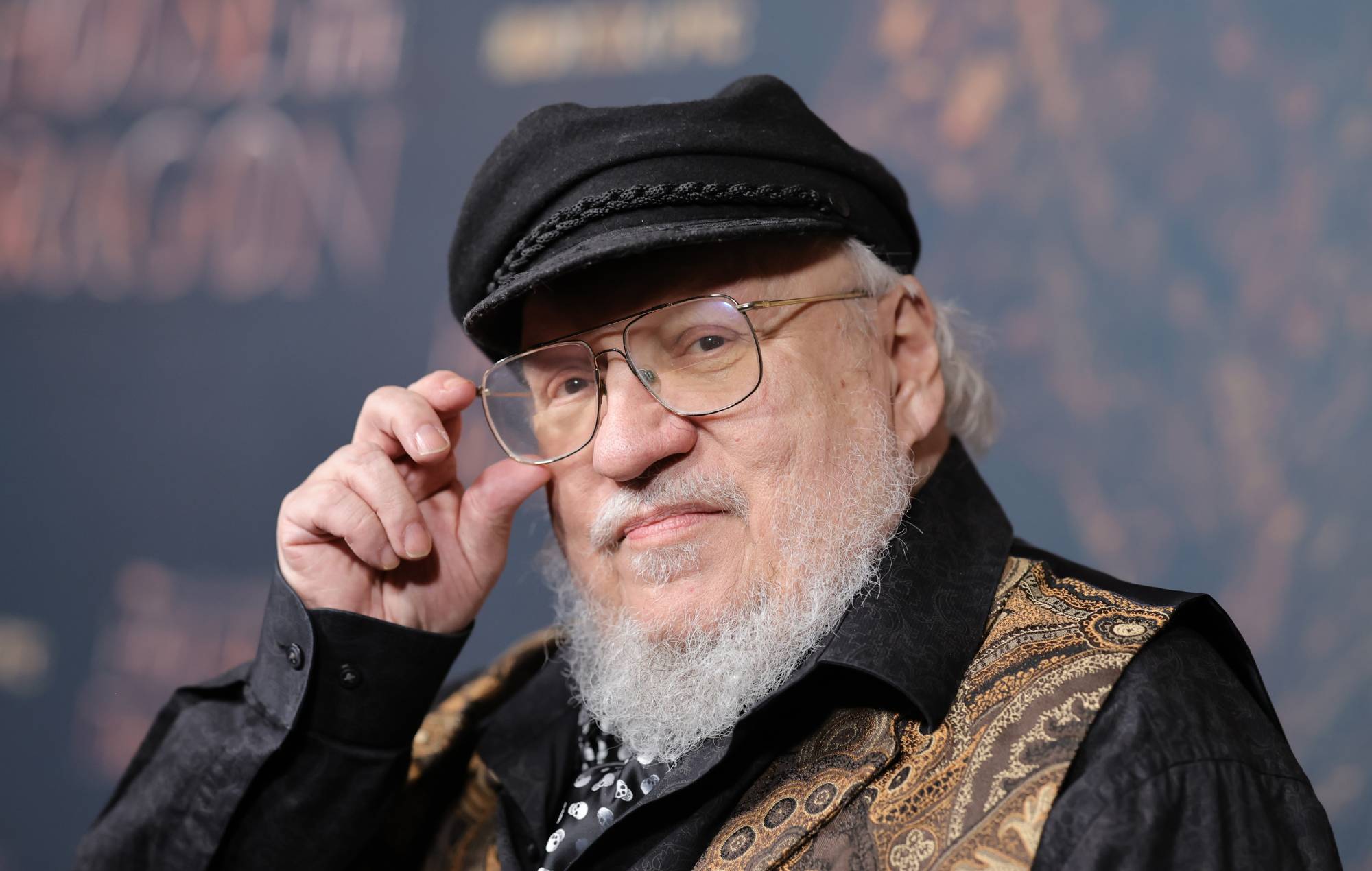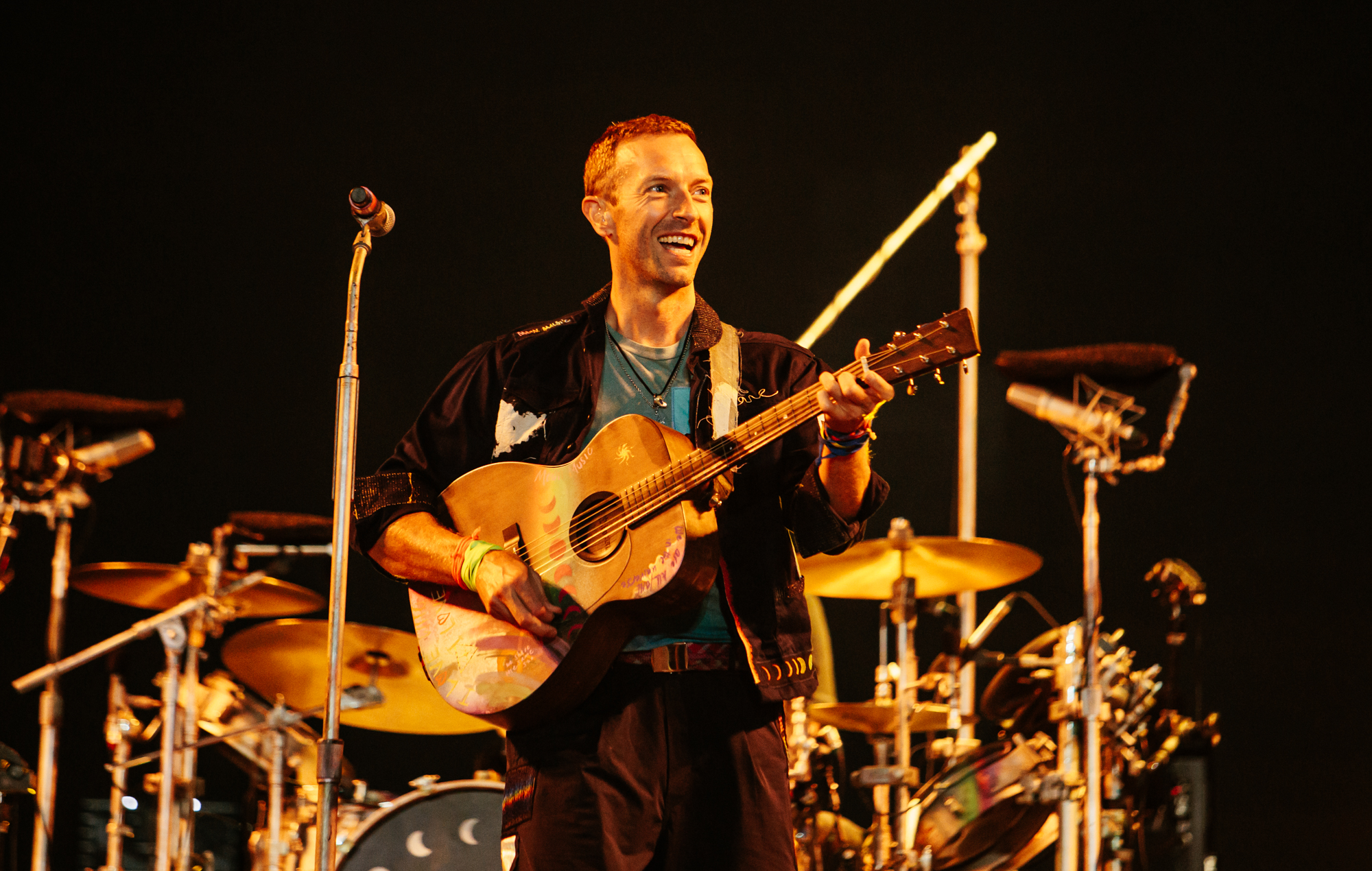
Game of Thrones author George R.R. Martin is one of a group of writers suing the makers of ChatGPT for “systematic theft on a mass scale”.
The writers are concerned that the OpenAI artificial intelligence program is using their copyrighted work without legal permission.
As Associated Press reports, other writers involved in the suit include the American novelists John Grisham, Jodi Picoult and Jonathan Franzen.
In the papers filed Tuesday in federal court in New York, the collective alleged that there have been “flagrant and harmful infringements” of their registered copyrights and that ChatGPT relies upon “systematic theft on a mass scale”.
“It is imperative that we stop this theft in its tracks or we will destroy our incredible literary culture, which feeds many other creative industries in the US,” said Mary Rasenberger, CEO of the Authors Guild, who have organised the lawsuit.
“Great books are generally written by those who spend their careers and, indeed, their lives, learning and perfecting their crafts. To preserve our literature, authors must have the ability to control if and how their works are used by generative AI.”
The charges cite a ChatGPT search that resulted in the chatbot generating a prequel to Martin’s A Game of Thrones titled A Dawn of Direwolves, which the suit alleges used “an infringing, unauthorised and detailed outline” based on Martin’s existing characters.
An OpenAI spokesperson responded that the company respects “the rights of writers and authors and believe they should benefit from AI technology.”
They added: “We’re having productive conversations with many creators around the world, including the Authors Guild, and have been working cooperatively to understand and discuss their concerns about AI. We’re optimistic we will continue to find mutually beneficial ways to work together to help people utilise new technology in a rich content ecosystem.”
Earlier this year, Grimes encouraged her fans to use her voice to create new songs with artificial intelligence software, promising to split royalties 50 per cent with the creator. She also released her own first official AI song ‘Cold Touch’, a collaboration with the Australian DP and producer Kito.
AI is at the heart of the ongoing Hollywood strikes, with protestors arguing that it “poses an existential threat to creative professions, and all actors and performers deserve contract language that protects them from having their identity and talent exploited without consent and pay.”
The debate around the use of AI in music gained traction following the release of ‘Heart on My Sleeve’ in April, a track created by TikTok user ghostwriter977 that used AI to generate vocals made to sound like Drake and The Weeknd. The track became a viral hit, before being taken down by Universal Music Group, who accused the song of representing “a breach of our agreements and a violation of copyright law” as well as “denying artists their due compensation.”
Nick Cave is another musician who has made his feelings on the subject known, describing using AI to create art as a “grotesque mockery of what it means to be human”.







